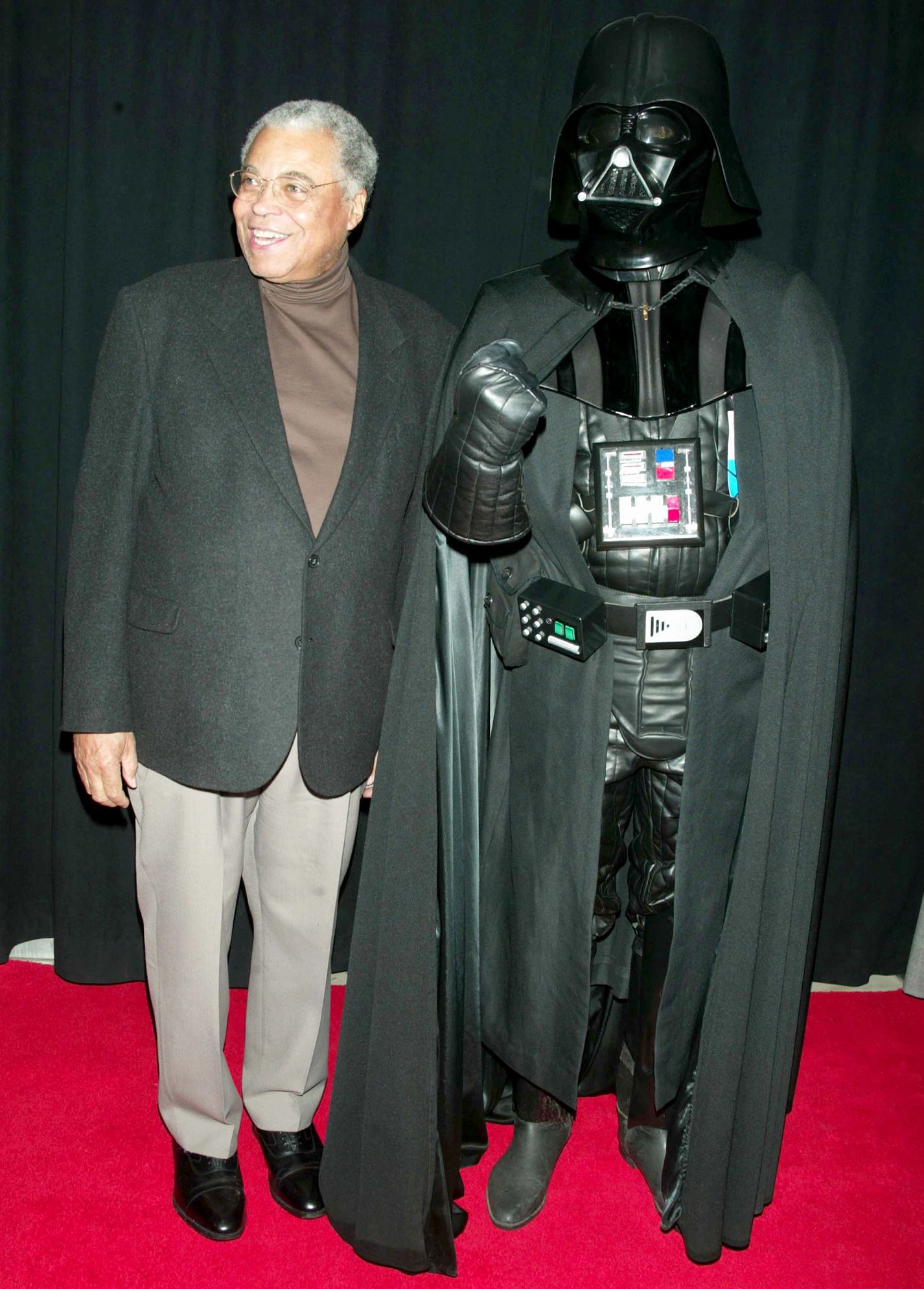AARP Hearing Center


James Earl Jones was 5 years old, living in rural Mississippi with his maternal grandparents in the bleak aftermath of the Great Depression, when it happened. The household numbered 13, so someone had the idea to take the boy out of state to live with another relative in order “to ease the burden,” he would later say.
But when they got there, the child hung on to the car and refused to let go. As he later remembered, “It was the only way I could express that I wanted to be with them. They accepted that.”
Soon, Jones moved with the family to Michigan. But the transition and the earlier trauma of separation had been so acute that he developed a stutter, and then he just quit talking. From ages 5 to 14, he remained essentially mute. When he finally found his voice, Jones, whose death on Monday at his home in Dutchess County, New York, was confirmed by his reps, would use it to become one of the most lauded actors of his time on stage, in film, on television and even as the sound of a cable news channel (“This is CNN”).
His baritone, remarkable and unmistakable, carried authority, spoke of rare experience and commanded respect. “Deep, rumbling, august,” as one journalist described it. “It’s the sound Moses might have heard when addressed by God.”
He used it memorably in voice roles such as Mufasa in The Lion King (1994) and as Darth Vader, the galactic villain from Star Wars (1977), though he was uncredited for the first two films in this franchise. To give the character a maximum dark-side effect, director George Lucas told Jones, “Go as low as you can.”


Jones, whose solemn appearance often hid a self-deprecating sense of humor, had fun with it. Once, traveling cross-country soon after the first Star Wars came out, “I used Darth as my handle on the CB radio,” he told The New York Times. “The truck drivers would really freak out — for them, it was Darth Vader. I had to stop doing that.”
One of the few honorary EGOT winners — someone who has earned an Emmy, Grammy, Oscar and Tony award, though his 2011 Oscar, for Lifetime Achievement, was an honorary award — Jones was a pioneering Black performer in the 1960s, when the civil rights movement was at its most turbulent.
































































More From AARP
Are You a Jedi Quiz Master?
‘This is the way’ … to our ‘Star Wars’ trivia test
AARP Members Can Watch ‘Field of Dreams’ for Free
The sports fantasy classic is available through Sept. 209 Quick Questions for Billy Dee Williams
The actor on favorite roles and ‘Star Wars’ movie, making art and inspiration for his new memoir
Recommended for You